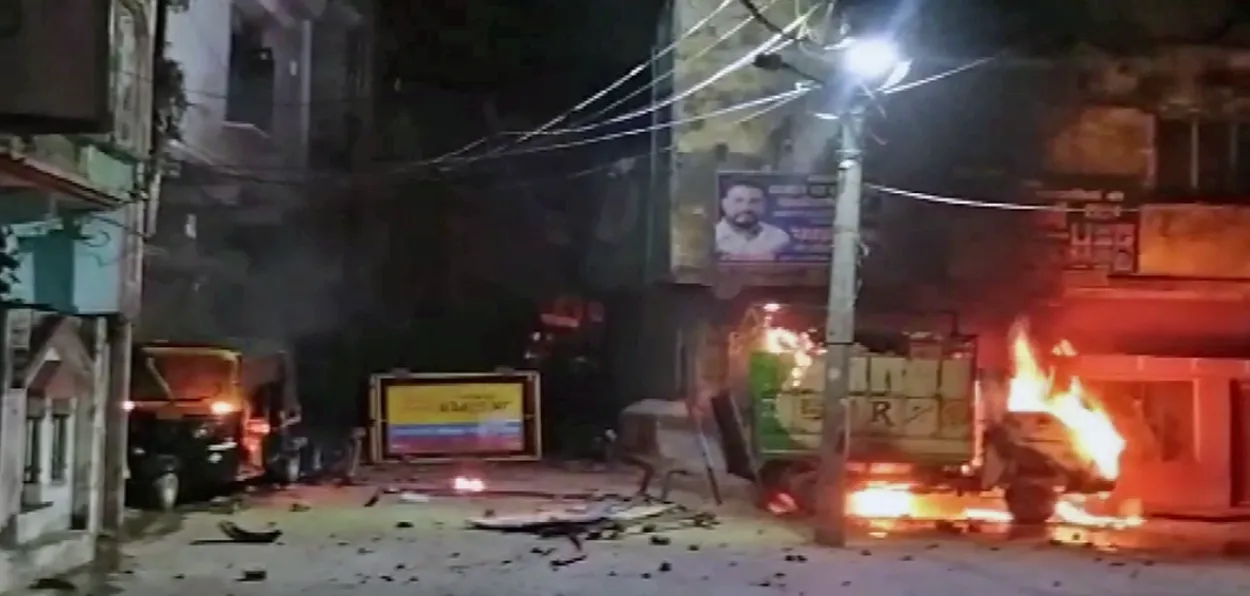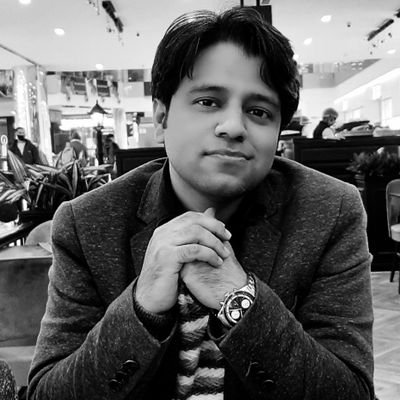
 Saquib Salim
Saquib Salim
Professor Faisal Devji once wrote for diverse Indian groups that, “the mutual relations of citizens (are) defined neither by love nor hatred but indifference.”
In India, you meet social activists, political activists, writers, or leaders who happen to profess Islam as their religion and ask about the police atrocities and communal violence. They will probably start telling you about a series of communal violence and alleged police atrocities against Muslims associated with them.
Most of them will start with the 2002 Gujarat riots and will go on to tell you about Hashimpura and Bhagalpur. Those who are more well-read can add Moradabad, Nellie, 1969 Ahmedabad, and more to the list. You will find that apart from those with political interests very few speak or write about the violence against other communities.
Now go and ask Hindu activists and influencers. Again barring people with political leaning, they would remember the Kashmiri Pandit Exodus and their killings, the train burning at Godhra, and so on. The incidents of atrocities against other religious groups don't figure in their list.
A cursory look at Sikh social media accounts with considerable followings is enough to tell that Sikhs will recall the violence of 1984 and the whole 1980s’ terrorism in Punjab as the bloodiest chapter of Indian history.
Similarly, Dalits will talk about Khairlanji, Marichjhapi, Bathani Tola, etc. In their story, all other communities are oppressors or have not faced violence.
In these times of heightened hate what we are missing is the dialogue. The dialogue among the different communities. Indians need to sit together, listen to each other, and realize that we all are facing similar problems but our politicians want us to believe that only one group or the other is being targeted.
Muslims are not wrong when they talk about the atrocities which had happened against them in the past or the present. There is no denying that at times Hindus have been at the receiving end of the violence. Sikhs and Dalits also faced bloody systematic violence.
However, each community must realise and acknowledge the pain and sufferings of others because it's only by joining hands that they can find solutions.
Senior Journalist M J Akbar wrote about police firing at Moradabad in 1980, “What is known is that the incident at Moradabad was not a Hindu-Muslim riot but a calculated cold-blooded massacre of Muslims by a rabidly communal police force which tried to cover up its genocide by making it out to be a Hindu-Muslim riot.”
As a student of Modern Indian History, I find that the 1980s was a decade when allegations against the police were rampant. Muslims were not the lone sufferers. For example; at least 60 Gond tribals were killed in Andhra Pradesh in 1981. This was followed by the incident of police opening fire on the agitating medical students in Gujarat, and mill workers in Kanpur, killing many.
All these years different groups looked only at ‘their’ problems. This is not how great nations are made or peace is restored.
Being human, Indian or a member of a religious group must not stop us from acknowledging the atrocities heaped on the others. Dalits were brutalized; murders of innocent Sikhs, forced exodus of Kashmiri Pandits discrimination against dalits - all was loss of human life.
ALSO READ: Hindu vendors are kind and offer us discount during Ramzan: Sami Shaikh
We Indians need to rise above our communal identities to realise that our problems are common. It's only some leaders and anti-people forces keep us divided to serve their designs.
